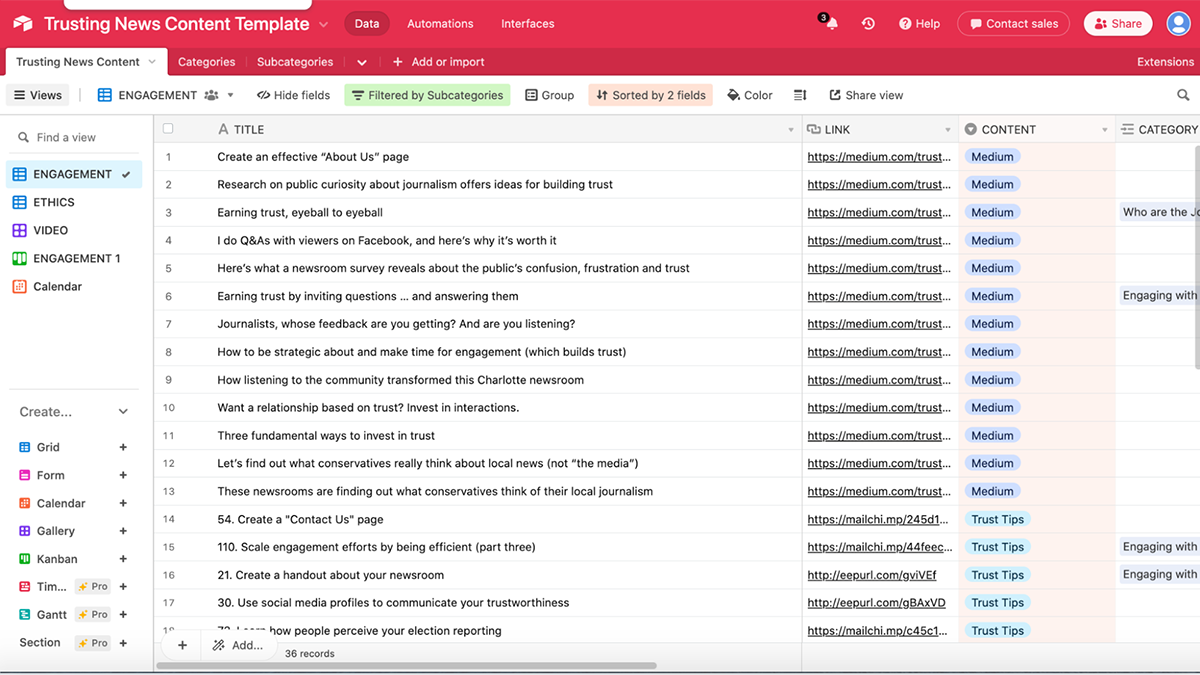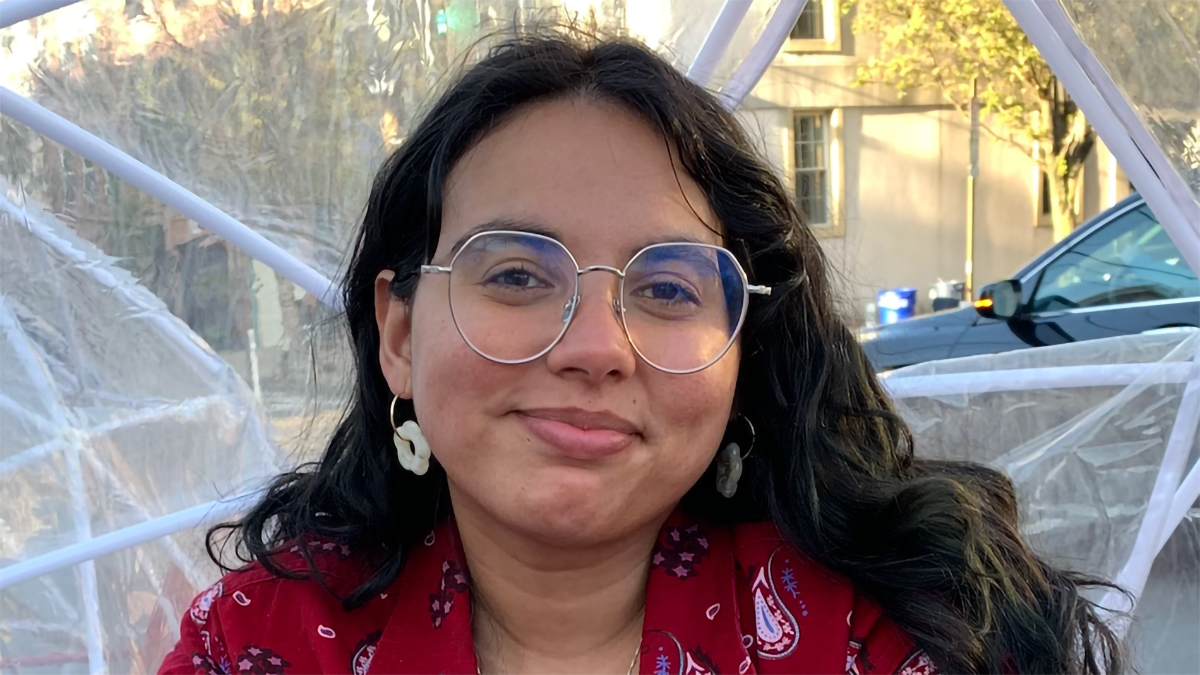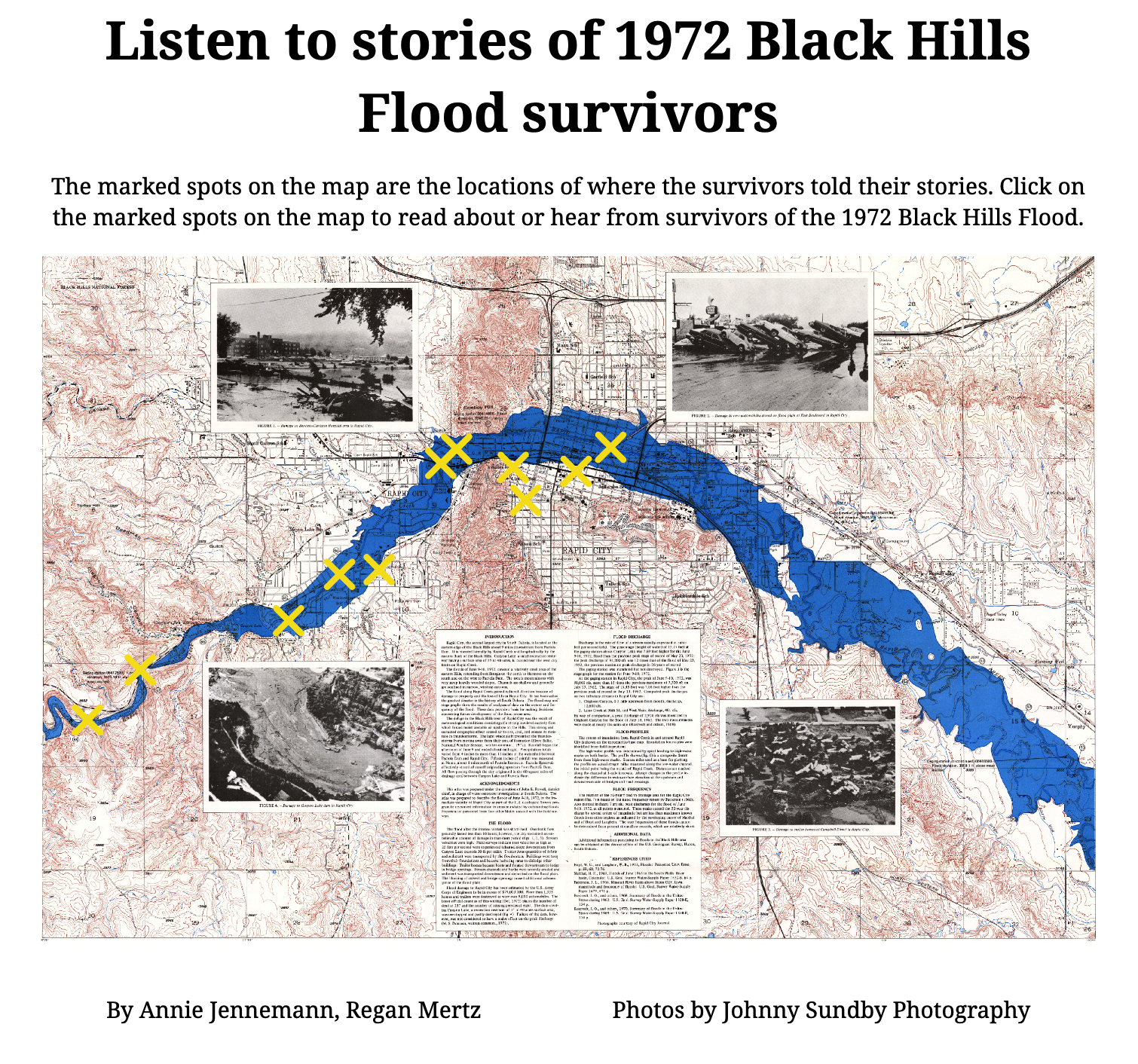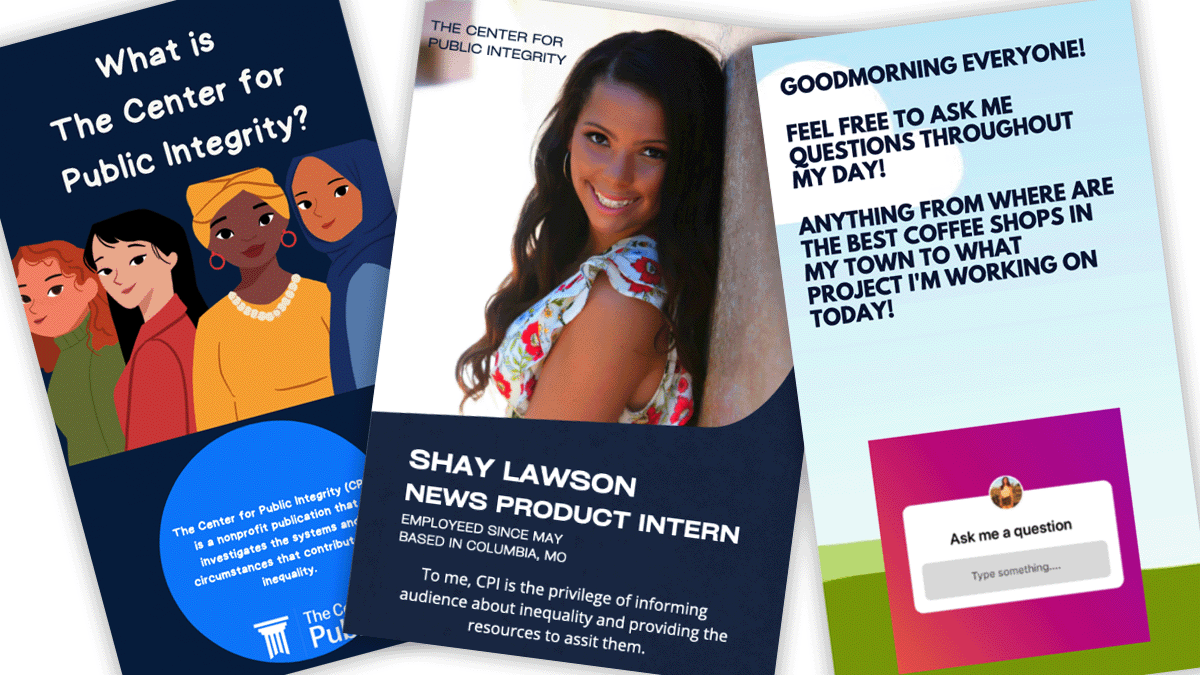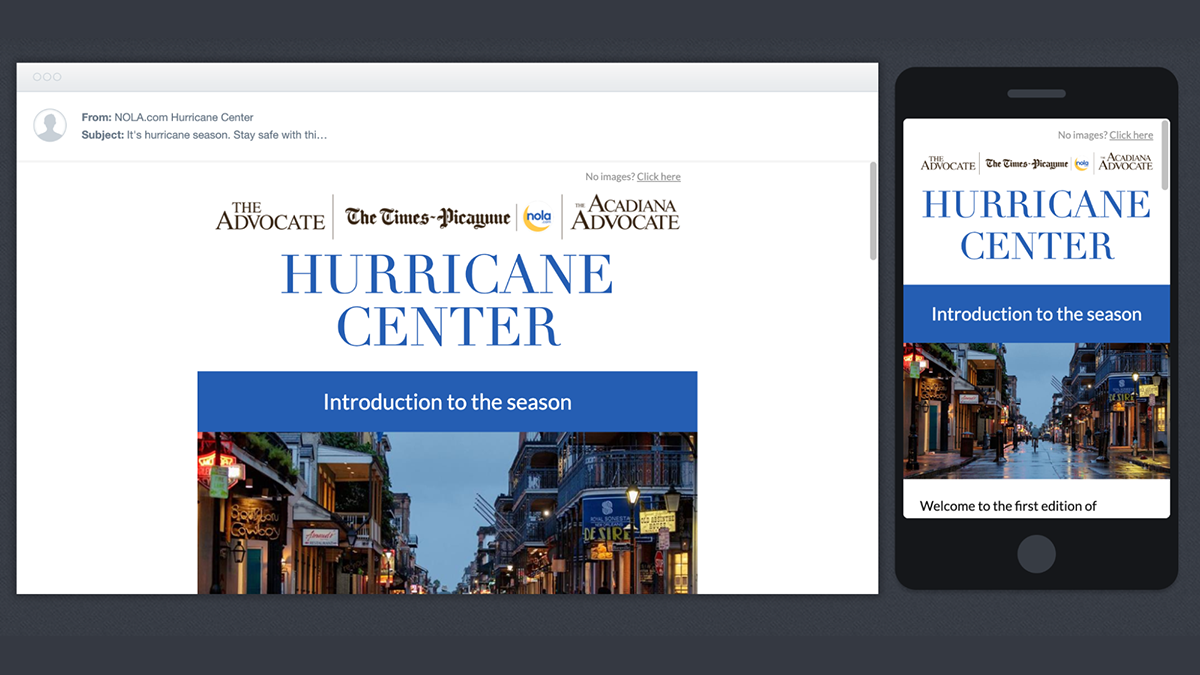
RJI news
How Trusting News organizes their large library of internal resources
Keeping information easily accessible is an essential lesson for newsrooms.
Could a banking law designed to end redlining drive more capital into local journalism?
A consortium of Black news publishers wants federal regulators to update Community Reinvestment Act rules so banks do more for local, minority-owned media.
Listening tours to city council templates, building actionable resources for your community
Up the Block adds new resources for people to get involved in their neighborhoods and government Sabrina Iglesias is the community outreach editor at The Trace and project manager for Up the Block. She runs the project’s website and Instagram page, stays in touch with the community, and is always keeping an ear open for … Continued
Combining historical and current day journalism in an interactive experience
South Dakota Public Broadcasting used archival maps, audio stories, photos and other content to combine reporting on survivors’ stories
How to engage your community with Instagram takeovers
Publications are seeing an increase in the amount of audience members because of new engagement strategies in place.
Newsrooms come together to tackle problem of digital news preservation
Leadership from each of the Missouri School of Journalism’s professional media outlets gathered together in a conference room in late April, no small feat for a group in charge of “feeding the beast” of news media day after day while also juggling teaching responsibilities at the School. The challenge that brought them together? Preservation and accessibility of digital news archives.
How to create and launch an evergreen pop-up newsletter
Sydney Lewis is a 2022 RJI Student Innovation Fellow partnered with NOLA.com in New Orleans. The RJI Student Fellows will be sharing their product work this summer through Innovation in Focus. NOLA.com | The Times Picayune decided to create an evergreen pop-up newsletter. It was my job to research, brainstorm, build, curate, write, promote, and … Continued
RJI announces three local newsrooms to receive development trackers
An outgrowth of Kate Abbey-Lambertz’s RJI Fellowship, the trackers will give communities up-to-date, thorough information about developments in their area.
RJI student innovation staffers work with community newsrooms to stay on cutting edge of technology and content
During the spring semester, four students at the University of Missouri worked at the Reynolds Journalism Institute as student innovation staffers. Annie Jennemann and Regan Mertz, both graduate students at the Missouri School of Journalism, worked under the tutelage of Kat Duncan, RJI’s director of innovation, while undergraduates Gabriella Miesner and Nolan Xiong were overseen … Continued
Expanding credit for journalists: looking beyond the byline
Changes to traditional workflows reflect the contributions of all folks in the newsroom.
